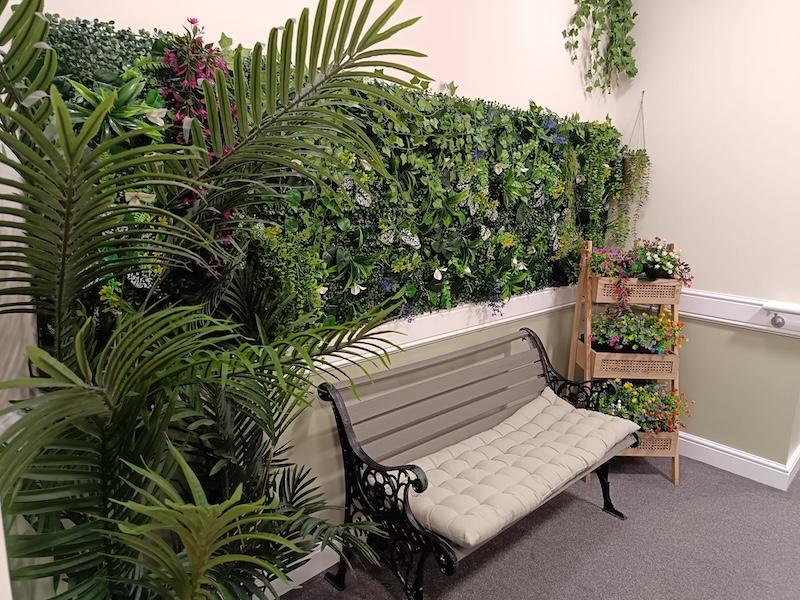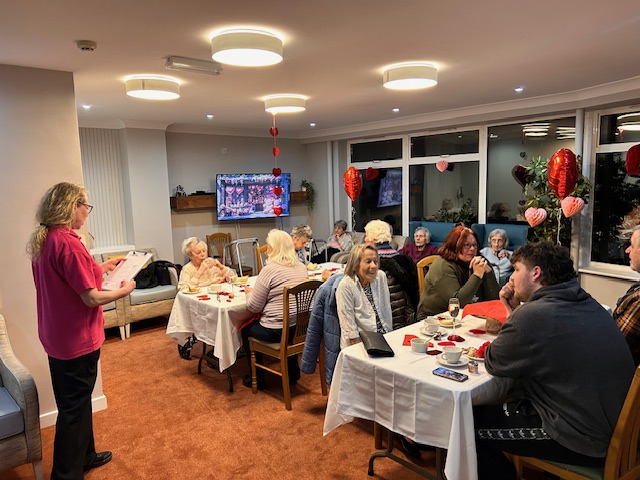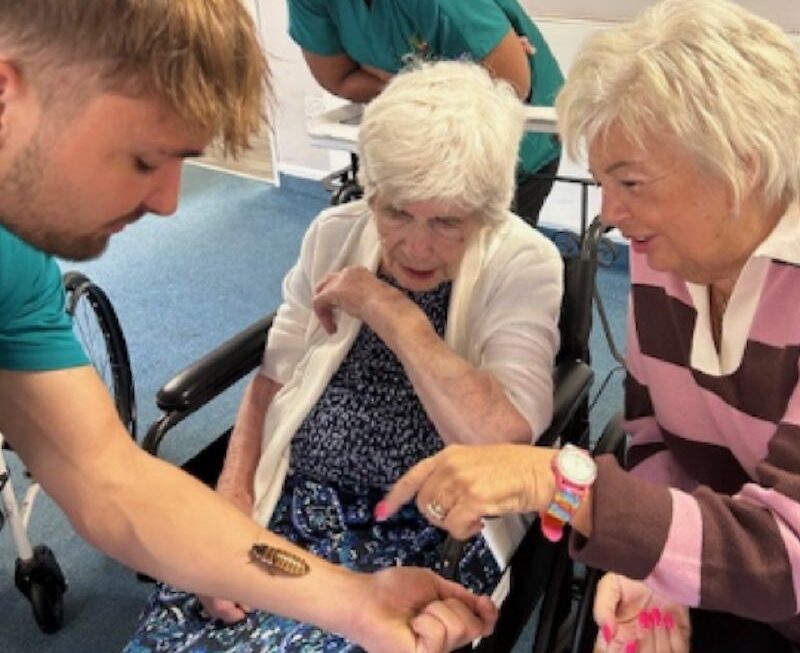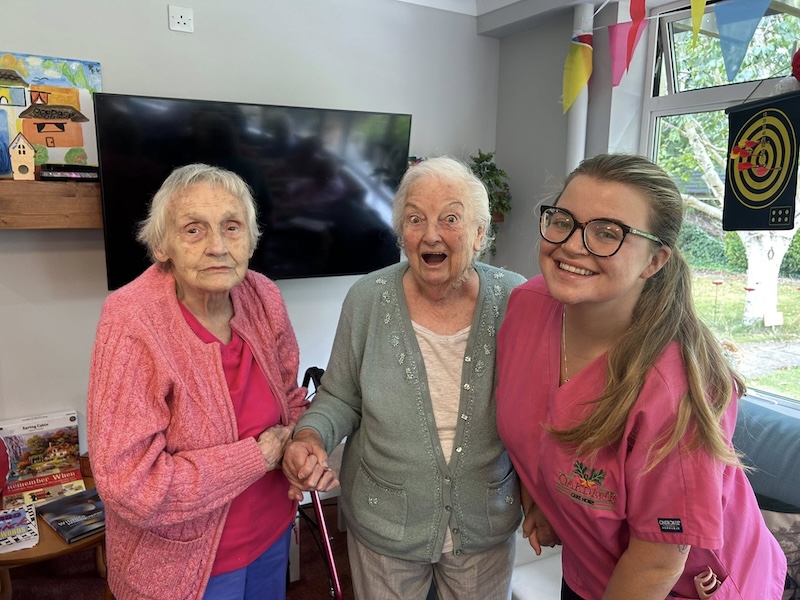The Different Types of Care Homes
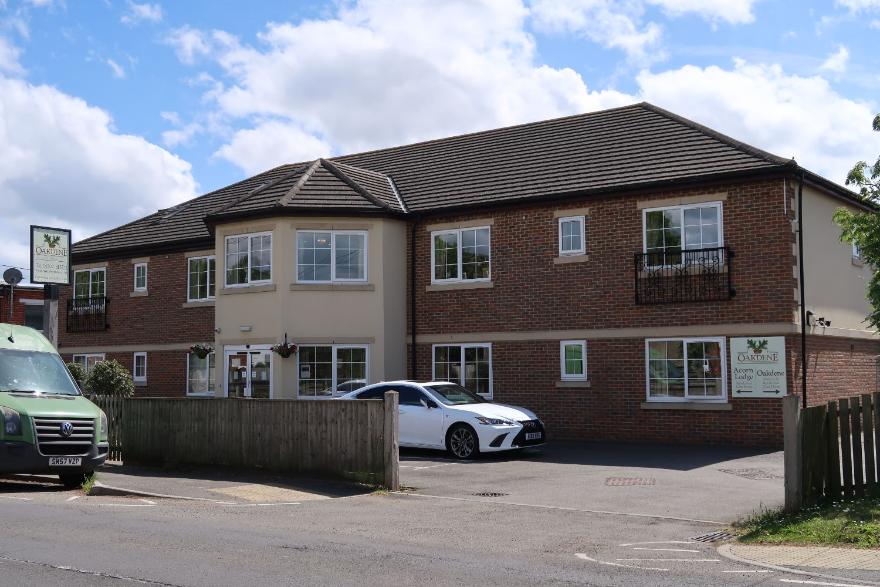
Choosing the right care home for a loved one is a significant decision that impacts their comfort, safety, and overall well-being. With several types of care homes available, it is important to understand each option to ensure support matches the personal needs and preferences of residents. In this blog, we explore the different types of care homes, who they would be appropriate for and what you can expect from daily life.
Residential Care Homes
Who Are Residential Care Homes Appropriate For?
Residential homes are ideal for residents who can no longer live independently but do not require regular nursing care. These homes support older people or vulnerable adults who need personal care, such as help with washing, dressing, taking medication and assistance with managing daily routines. Accommodation is provided in a homely, secure environment where independent living is encouraged, but support is always available.
Life in a Residential Care Home
Residents receiving residential care enjoy a private or shared room, communal dining rooms, in-house facilities and access to lounges for social engagement. Residents also have the opportunity to get involved with the local community through day trips and activities, which enrich their daily life and overall well-being. Typically, the accommodation, meals, housekeeping and care services are included in the care home fee, but everything else comes at an added cost.

Nursing Homes
Who Are Nursing Homes Appropriate For?
Nursing homes are intended for residents who have more complex medical needs or require regular input from a qualified nurse. Individuals recovering from hospital stays, living with long-term conditions, require end of life care or are facing increased frailty often benefit from this environment. Residents may need help with medical care, including taking medication, dressing wounds, or managing life-limiting conditions.
Life in a Nursing Home
In a nursing home, care workers and qualified nurses provide round-the-clock support for daily living and medical requirements. Medical professionals are available to monitor health changes and respond to emergencies. Residents benefit from the blend of personal care and medical supervision, and families are reassured that expert nursing care is always within reach. Older adults who require nursing care still have activities available to them, but these are typically on a 1:1 basis to promote calmness and connection. Nursing homes are similar to residential homes where their care services, meals and accommodation are included and everything additional comes at an extra cost.
Dementia Care Homes
Who Are Dementia Care Homes For?
Dementia care homes are designed for residents living with dementia, Alzheimer’s disease, Parkinson's or similar conditions affecting memory and cognition. Specialist care workers are trained to address mental health conditions, support residents through changing needs and create an environment that reduces confusion and distress. Individuals with dementia could also reside in a residential or nursing home, depending on what stage they are at in their journey.
Life in a Dementia Care Home
The environment is structured and secure, with adapted spaces and clear signage to help residents feel safe and oriented. Activities focus on memory support, reminiscence, social engagement and maintaining independence. Throughout their journey, the dementia home will perform reviews and amend their care or activities as their symptoms evolve or they transition into more complex needs. Similarly to above, when residing in a dementia care home the cost will include certain services and any extras will be additionally charged.
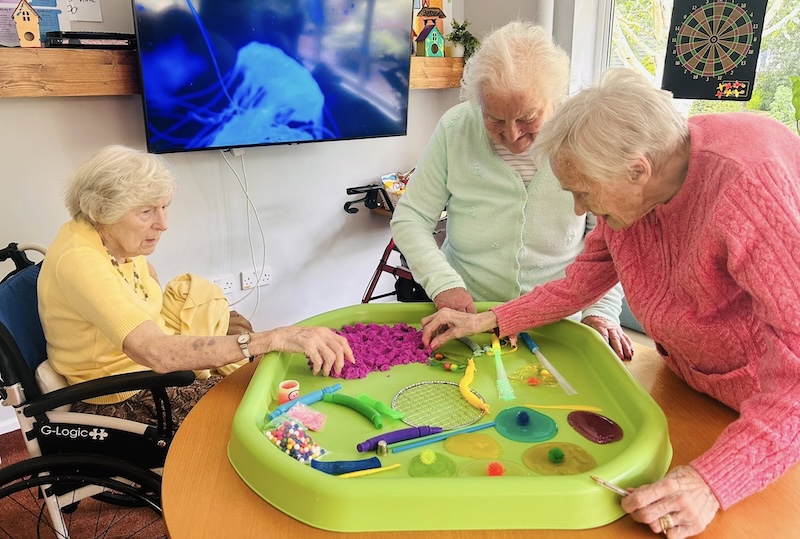
Dual Registered Care Homes
Who Are Dual-Registered Care Homes For?
A dual-registered care home offers more than one type of care, for example, residential and nursing care. This offers flexibility of both personal care and higher levels of support, which makes them suitable for residents whose care requirements may change over time. These homes are also ideal for couples or friends with different needs who wish to remain together. It is also ideal for those who want to pay for the services they use, as dual-registered care homes are typically pay-as-you-go.
Life in a Dual Registered Care Home
Residents in these care facilities benefit from a continuous care environment where support is adjusted as needs evolve, whether for respite care or long-term support. Access to care workers and qualified nurses under one roof, together with communal areas and social activities, offers comfort, safety and a sense of community.
All-Inclusive Care Homes
Who Are All-Inclusive Care Homes For?
All-inclusive care homes are typically suitable for older adults who are looking for a home for life, but also reassurance of having everything included. All-inclusive care homes typically offer residential, nursing, dementia and respite care, which gives residents and their loved ones clarity that they can receive all the support they need in one place. With one single fee covering all care services, accommodation, meals, activities and outings, residents and families can plan with peace of mind, knowing there are no hidden costs.
Life in An All-Inclusive Care Home
Life at an all-inclusive care home is designed to allow residents to live exactly how they wish, while the care team takes care of everything else. Residents enjoy access to a full range of personalised care services alongside nutritious meals, engaging activities, in-house facilities and regular opportunities for social connection. The environment promotes independence while ensuring support is always available, whether for personal care, nursing needs or specialist dementia care.
The Benefits of All-Inclusive Care Homes
All-inclusive care homes offer a seamless experience where residents receive comprehensive support tailored to their evolving needs. This model promotes consistency in care by minimising disruptions that can occur with changing services or different providers. Families also benefit from clear communication and a single point of contact, which simplifies involvement and decision-making. Additionally, the inclusive approach fosters a strong sense of community and belonging by integrating social activities, wellness programs, and health services under one roof.
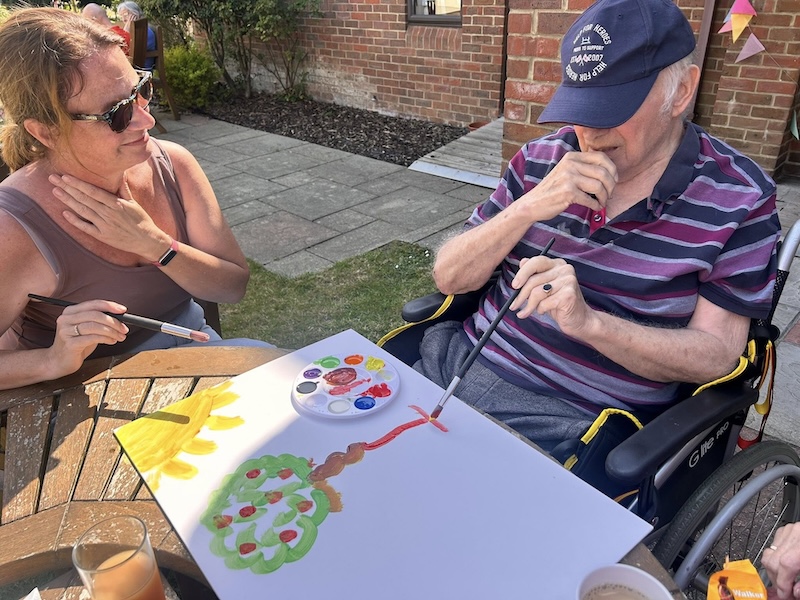

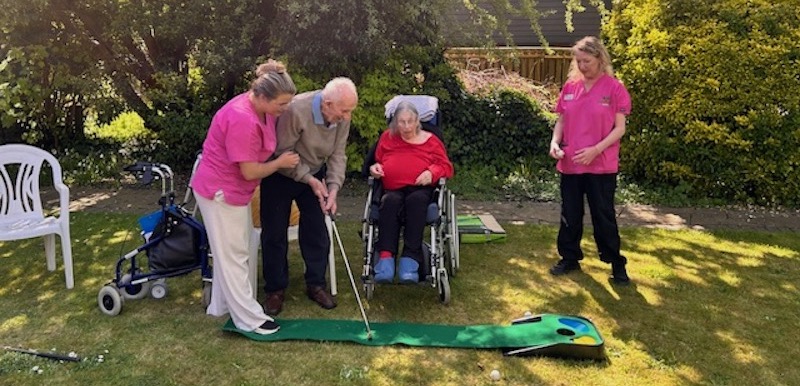
Choosing the Right Care Home
When it comes to selecting the right care home, support is available at every step of the process. Home managers and senior staff are on hand to answer questions, arrange tours and explain the different types of care offered. They can clarify what is included, the approach to personalised care, and how residents are supported with daily tasks, medical care, and wellbeing.
No matter what type of care home you choose, they will collaborate with residents and their loved ones to create a care plan tailored to their needs. It will outline all aspects of their lifestyle, including their medical needs, history, dietary needs, hobbies and interests and goals. This follows them throughout their entire journey and is adapted if anything changes.
Seeking advice from the local authority is also recommended. A care needs assessment can help pinpoint the right level of support and decide the best type of home. Beyond identifying the right type of care, visiting the different care homes will help care seekers decide which one is best for them or their loved ones. Look around the facilities, meet the team and find out about what is included in their costs, as this can help you make the most informed decision.
High Quality Care and Support at Oakdene Care Home
At Oakdene Care Home, we are committed to providing outstanding care tailored to each resident’s unique needs. We offer a full range of care options, including residential, dementia, respite and palliative care, so you can be confident that whatever stage of life your loved one is at, they will have a home for life.
Our facilities are thoughtfully designed to create a warm and welcoming environment. Residents have unlimited access to their own private en-suite rooms, comfortable communal lounges, private gardens, inviting dining areas and a programme full of fun and stimulating activities.
Residing at our care home in Three Legged Cross means receiving personalised care delivered with respect and compassion. We would be delighted to welcome you to visit so you can see for yourself how we make a difference every day.
